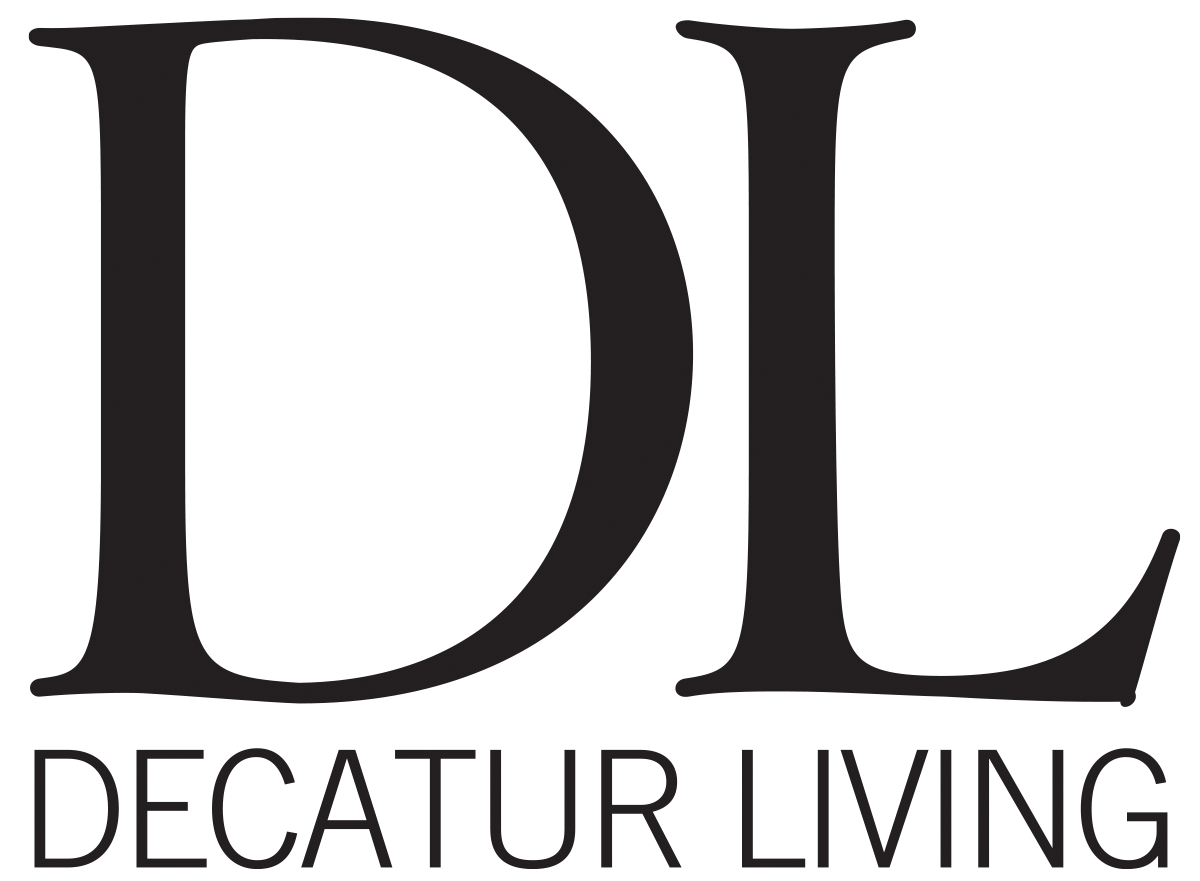11 ways to own your financial destiny in 2025
By Tim Martin

Successful year-end planning requires an effective understanding of both your current circumstances and how they might change next year. The uncertainty of the future makes it important that you plan now based on what we know today. It’s a sound practice to consult with your financial advisor, accountant and/or attorneys to make these determinations. With that in mind, here’s a brief end-of-year list of financial tasks you may wish to address.
1. Donations to Your Favorite Charity
Rather than writing a check, you may wish to consider gifting appreciated stocks or funds from your Individual Retirement Account (IRA). Gifting appreciated securities, such as low-basis stock or mutual funds, will allow you to avoid capital gains tax and reap the benefits of a charitable deduction.
2. College Savings 529 Plan Contributions
Money saved in a 529 plan grows tax-free when used for eligible educational expenses. Many states, such as Georgia, offer additional tax benefits for residents who contribute to a plan within that state, thereby increasing the benefit of the contribution. The Setting Every Community Up for Retirement Enhancement (SECURE) Act expanded allowances on 529 plan fund distributions, which can now be used for K–12 private education, college, graduate school and vocational and trade schools.
3. Gifts to Family Members
If you are likely to leave an estate large enough to incur estate taxes, you might consider maxing out your gift allowance, which is $18,000 per person per year (meaning a couple can gift up to $36,000 per year to as many individuals as they want). You also can pay college tuition directly to the institution, so that money doesn’t apply toward the $18,000 gift allowance. There is no carryover of gift allowances from year to year, so gifts need to be made on or before Dec. 31.
4. Max Out Retirement Contributions
You have until you file your tax return next year to make a 2024 contribution to an IRA, SEP or SIMPLE, but 401(k) and Health Savings Account contributions are only deductible when made in the same calendar year. If you want to establish a retirement plan for 2024 (if you are self-employed or own a business), the plan documents must be signed and put into place by year-end. You generally are able to contribute up to $23,000 to a 401(k) plan ($30,500 if you’re age 50 or older) and up to $7,000 to a traditional or Roth IRA ($8,000 if you are age 50 or older).
5. “Back-Door” Roth Conversions
If you have an IRA and low taxable income, you might want to convert some or all of those funds to a Roth IRA before the end of the year. Working together with your advisors, you may want to consider only converting an amount up to the limit of your current marginal tax bracket and make sure you have the cash outside of the IRA (i.e., after-tax funds) to pay taxes on the converted amount.
6. Spend your Flexible Spending Accounts (FSA)
If you still have money set aside in an FSA for healthcare expenses, see if you can order new glasses or schedule that dental work you’ve been putting off. Some companies offer a grace period into the spring or “FSA carryover” from one year to the next, but this is not commonplace. If your employer doesn’t offer these provisions, you’ll lose any unused funds once we ring in the new year.
7. Required Minimum Distributions (RMDs)
Once you turn 73 years old, you are required to take withdrawals from your IRA, SIMPLE IRA, SEP IRA or retirement plan account. Roth IRAs do not require withdrawals until after the death of the owner; however, the beneficiaries will be subject to the RMD rules. The penalty for failing to take the RMD is a 50% tax on what should have been withdrawn.
8. Consider Tax-loss Harvesting
Selling investments that have lost value can be a useful tax-reduction strategy for investors. This strategy involves selling stocks, bonds, or mutual funds that have lost value to help reduce taxes on capital gains from winning investments. You then can use those losses to offset any taxable gains you have realized during the year. Losses offset gains dollar for dollar, and if your losses are more than your gains, you can reduce ordinary income on your current federal income tax return by up to $3,000. Of course, you don’t want to undermine your long-term investing goals by selling an investment just for tax purposes.
9. Review and Adjust Your Tax Withholding
If you or your advisors have determined that you are going to have a balance due on your federal or state tax return, consider increasing your withholding to cover the shortfall prior to year-end. Larger estimated tax payments at the end of the year still can expose you to underpayment penalties, but withholding is considered to have been paid ratably throughout the year.
10. Confirm Beneficiary Designations
Newly married, divorced, or had kids in the previous 12 months? Make sure to review Beneficiary Designations as they may be outdated. You can check and modify the beneficiaries on your retirement accounts or insurance policies at any time, but it’s a good idea to do this at least annually.
11. Identity Protection
You can obtain one free annual credit report per year from each credit reporting agency. With the increase in identity theft, you should strongly consider purchasing some type of identity theft protection as well.
Please seek the advice of a tax professional concerning all the above recommendations.
All information is based on the current Internal Revenue Service website at irs.gov.
Tim Martin has 24 years in the financial services industry. He is a graduate from the Goizueta Business School at Emory University and founder of Tim Martin Wealth Strategies, in Decatur, GA.
A Registered Representative, offering securities through NYLIFE Securities LLC (member FINRA/SIPC) A Licensed Insurance Agency 3655 Brookside Pkwy, Suite 400, Alpharetta, GA 30022. A financial adviser, offering investment advisory services through Eagle Strategies, a Registered Investment Adviser. Tim Martin Wealth Strategies is not owned or operated by NYLIFE Securities LLC or its affiliates, timmartinwealth.com.
7270505.1







